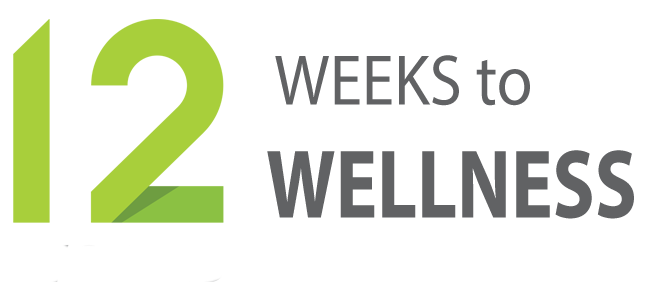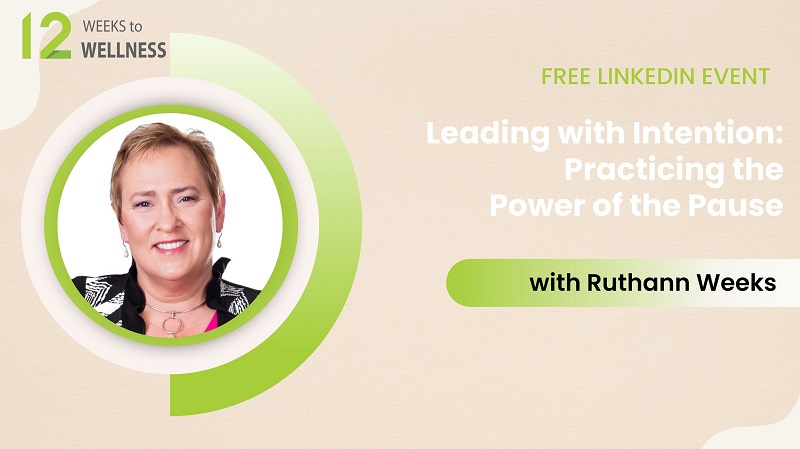
I was raised by a ‘hot head’. My stepfather who adopted me when I was one year old had a quick temper and little patience. Although both my brother and I received spankings on occasion, he was never what I would call physically violent, however, his quick retorts and cutting comments assured that I was afraid of him and did the best I could to stay out of his way.
When my own son was little, I found myself repeating the ‘hot head’ pattern and knew I wanted to parent differently than how I was raised. I took a parenting class and started my own journey to unlearn unhealthy correction techniques and broke the generational curse of yelling and screaming to make a point.
I learned that when I was reacting in a way that I was ashamed of, I was re-enacting what had been modelled to me by my stepfather, and of how I’d shown up in the past. I learned that it is better to be a responder than a reactor and that’s where the ‘Power of the Pause’ comes in. Reactions are knee jerk actions that require no thought and happen quickly. Our temper flares and, in an instant, we can say or do something that we will regret, or that may permanently damage our relationships. We may say or do something that goes against what we say we value and believe in. When we pause a beat to choose our next word or action, that is being a responder vs. being a reactor, or re-enactor.
We show up from an empowered position when we pause a beat to consider:
- What else might be going on in this situation?
- What might that person be experiencing or going through that I’m not aware of?
- What is an appropriate response in this circumstance that will help repair the situation, support the person or shut down the potential for conflict?
- How can I use my words and actions to build up this individual?
This list is just a sampling of questions we can ask ourselves and it takes practice to break a pattern of behaviour. Most of us live our lives reacting with little thought to why or how we do certain things. We just let thoughts run around in our heads without even noticing or examining them. I urge you to practice pausing when you find yourself in a situation or pattern of behaviour that causes conflict, or makes you feel bad or icky about how you’ve shown up. Just pause a beat, give the spirit room to move, check-in with your intuition and give your thought process an opportunity to choose your next word or action with intention.
Be gentle with yourself as you practice this new skill, and don’t be afraid to apologize when you mess up, because you will. We all do. Unfortunately, it’s usually with those closest to us and those we spend the most time with. There is no perfection, and we are all works in progress. This self-awareness is a pillar of emotional intelligence and an area that we can continually grow in because we are always expanding and getting better and better in our relationships and life. Let’s use our influence for good. We are all in this together!
Be well!
Ruthann
Author: Ruthann Weeks
Founder of Harmony in the Workplace
Ruthann Weeks is the founder of Harmony In The Workplace Ltd. She is a tireless forward-thinking crusader whose efforts have helped to bring the importance of an abuse-free work environment to the forefront of public awareness. She is also a gifted corporate keynote speaker who delivers a powerful message about today’s workplace challenges to senior executives and decision makers.
****************************************
Join us for a 15-minute LinkedIn Live conversation with Ruthann Weeks on October 22, 2024 at 12pm PT. as we explore how to better manage our emotions at work, and at home. We’ll discuss the power of pausing to respond thoughtfully rather than reacting impulsively. Skills that are valuable for everyone, but essential for HR professionals and leaders, this conversation will offer valuable insights on how to model behaviors that foster a supportive environment where employees can thrive.

